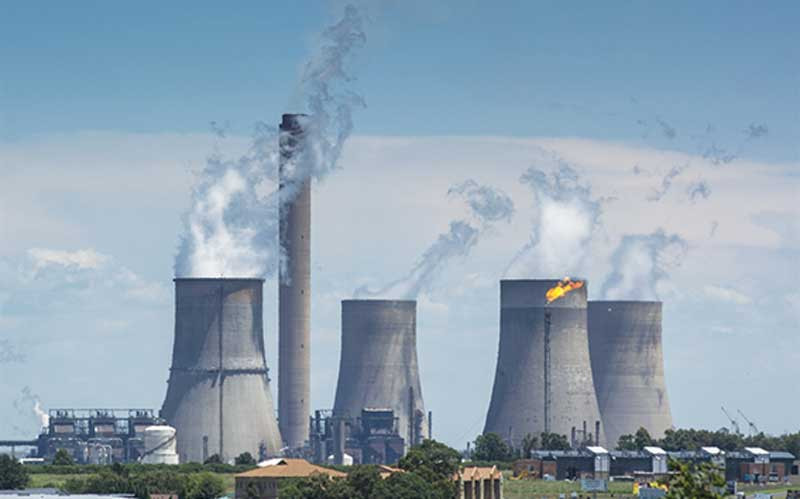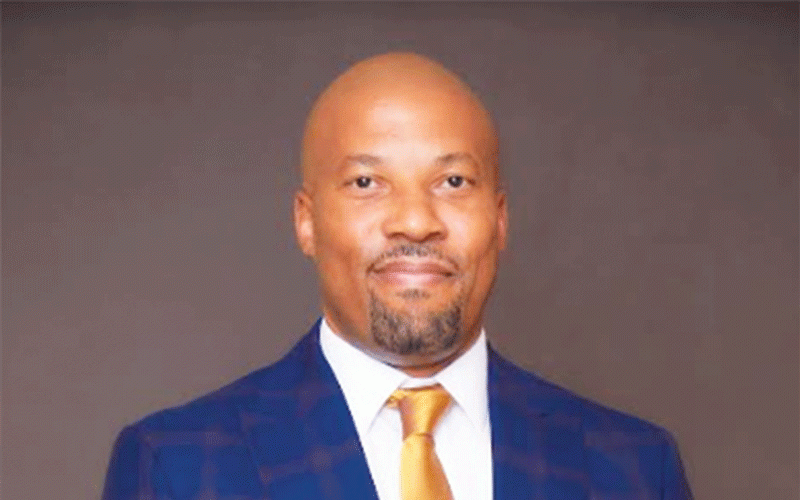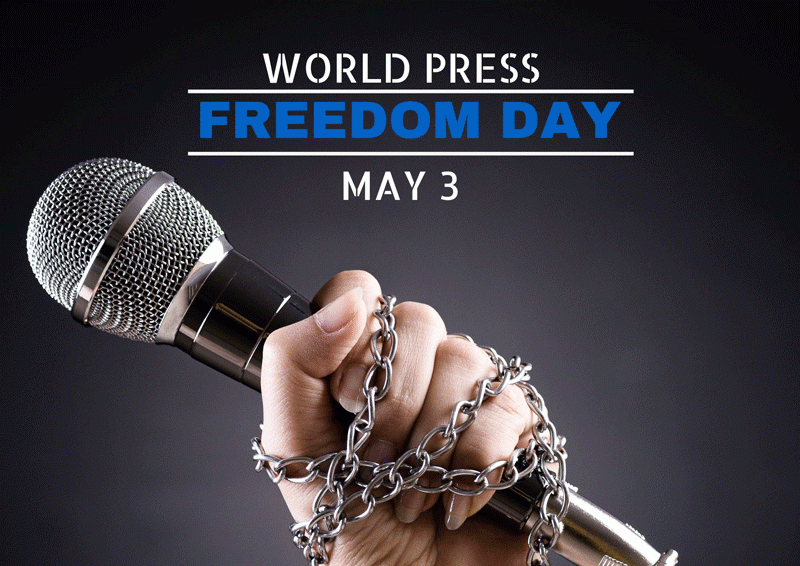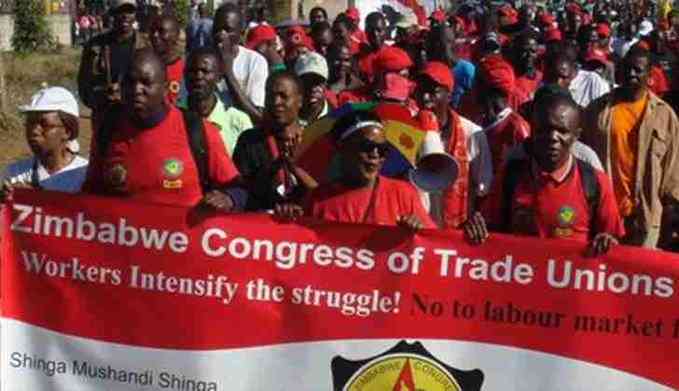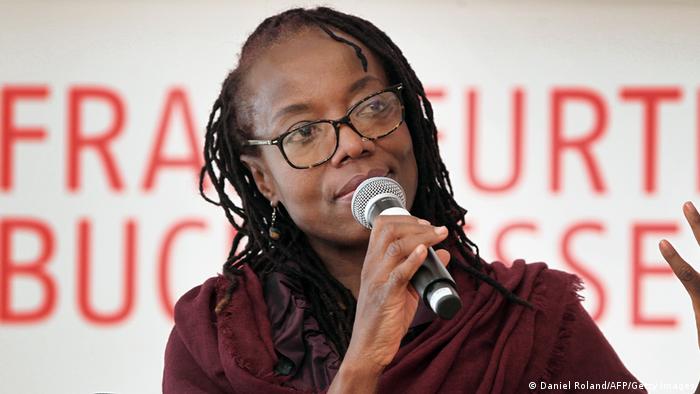
By Bidisha Mamata ZIMBABWEAN writer Tsitsi Dangarembga is the much-heralded author of numerous novels, including the Booker-shortlisted This Mournable Body and Nervous Conditions, winner of the Commonwealth writers’ prize. In this short, serious and powerful non-fiction piece, she undertakes a deep dive into the consequences of racism and misogyny on her development as an author, a thinker and a woman in the world.
She is inextricably shaped by sex, race, nationality and class — and yet writing also enables her to adjust and transcend these categories, to establish counter-narratives and expanded viewpoints.
She starts with a punchy history of Zimbabwe — formerly called Rhodesia — and follows on to examine the impact of empire, colonisation and patriarchy on her life and that of her nation and generation: “The first wound for all of us who are classified as “black” is empire. This is a truth many of us — whether we are included in that category or not — prefer to avoid.
Today, the wounding empire is that of the Western nations: The empire that covered more than 80% of the globe at its zenith in the 19th century. It includes the British empire that colonised my country Zimbabwe in the 1890s. I was born into empire: My parents were products of empire, as were their parents before them and their parents before that, my great-grandparents.”
Her essay is a celebration of artistic creation, at the same time as an acknowledgment of unjust worldly realities. She has a talent for taking activist buzzwords, around women’s agency or the importance of decolonising the canon, and examining how powerful, yet difficult it is to pull up the deep structural and psychological roots of patriarchy and empire: “Being categorised as black and female does not constrain my writing.
“Writing assures me that I am more than merely blackness and femaleness … What writing while black and female does constrain for me is access to publication opportunities, and when I am published, avenues to reputable, professional publishing houses and lucrative contracts, money being the currency of empire.”
As Dangarembga frames it, pain, anger, injustice and resilience can also be the starter fuel in the development of necessary personal drive, a creative viewpoint and transformative political power: “This is the sort of agency that black feminists, and in particular black African feminists of conscience, exhibit. It is the result of an unrelenting fight for survival and dignity.”

